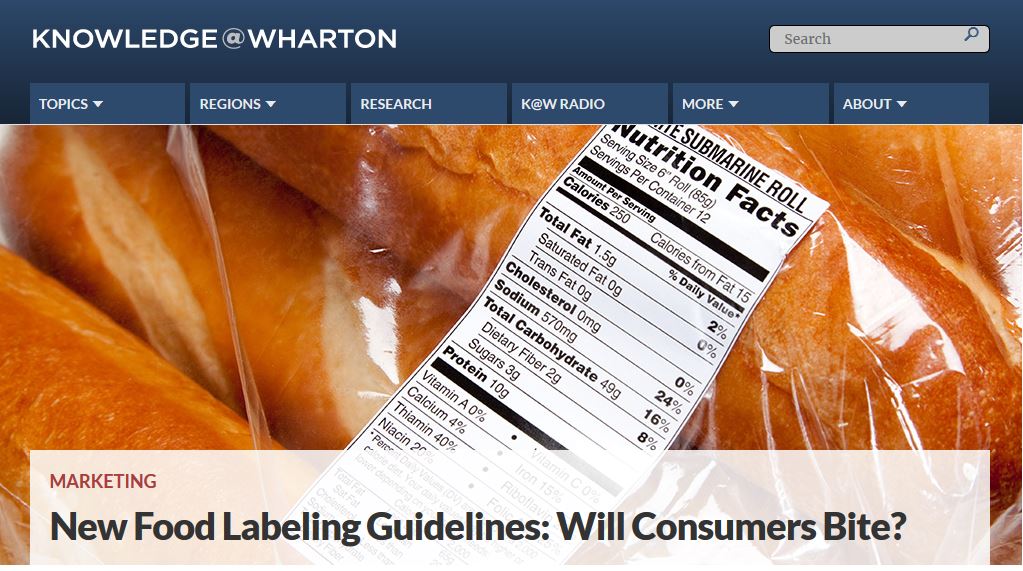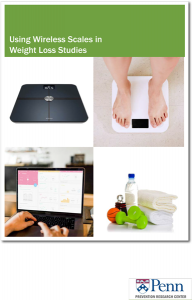The Nutrition Environment Measures Survey (NEMS) – A Systematic Review
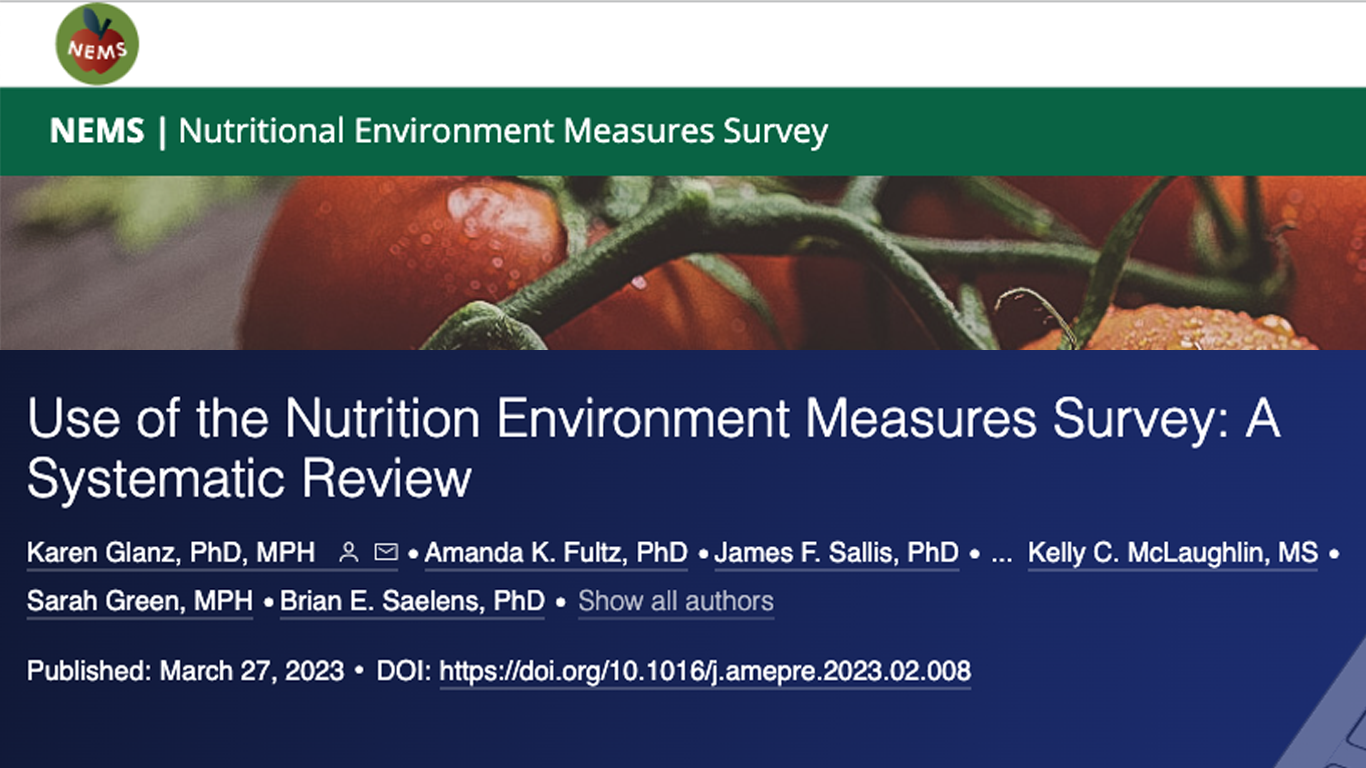 A Tool for Understanding the Food Environment
A Tool for Understanding the Food Environment
The Nutrition Environment Measures Survey (NEMS) is a set of tools that researchers use to assess the availability of healthy food options in stores and restaurants. NEMS tools have been used in research for over 15 years and have been adapted for diverse settings and populations.
A recent systematic review published in the American Journal of Preventative Medicine (AJPM) examined how NEMS tools have been used in published research. The review found that 190 articles from 18 countries had used NEMS tools. Most studies (69.5%) used a modified version of NEMS tools, and there were 23 intervention studies that used measures from NEMS tools or adaptations as outcomes, moderators, or process assessments.
Adapting to the times
The review also found that 41% (n=78) of the articles evaluated inter-rater reliability, and 17% (n=33) evaluated test–retest reliability. This suggests that NEMS tools are generally reliable and valid measures of the food environment.
The review concluded that NEMS measures have played an important role in the growth of research on food environments. NEMS tools have helped researchers to explore the relationships among healthy food availability, demographic variables, eating behaviors, health outcomes, and intervention-driven changes in food environments.
The review also noted that the food environment is constantly changing, so NEMS measures should continue to evolve. Researchers should document the data quality of modifications and use in new settings.
Conclusion
NEMS tools are a valuable tool for understanding the food environment. They have been used in a wide variety of research settings and have helped to advance our understanding of the relationships between the food environment and health. As the food environment continues to change, NEMS tools should continue to evolve to meet the needs of researchers.
















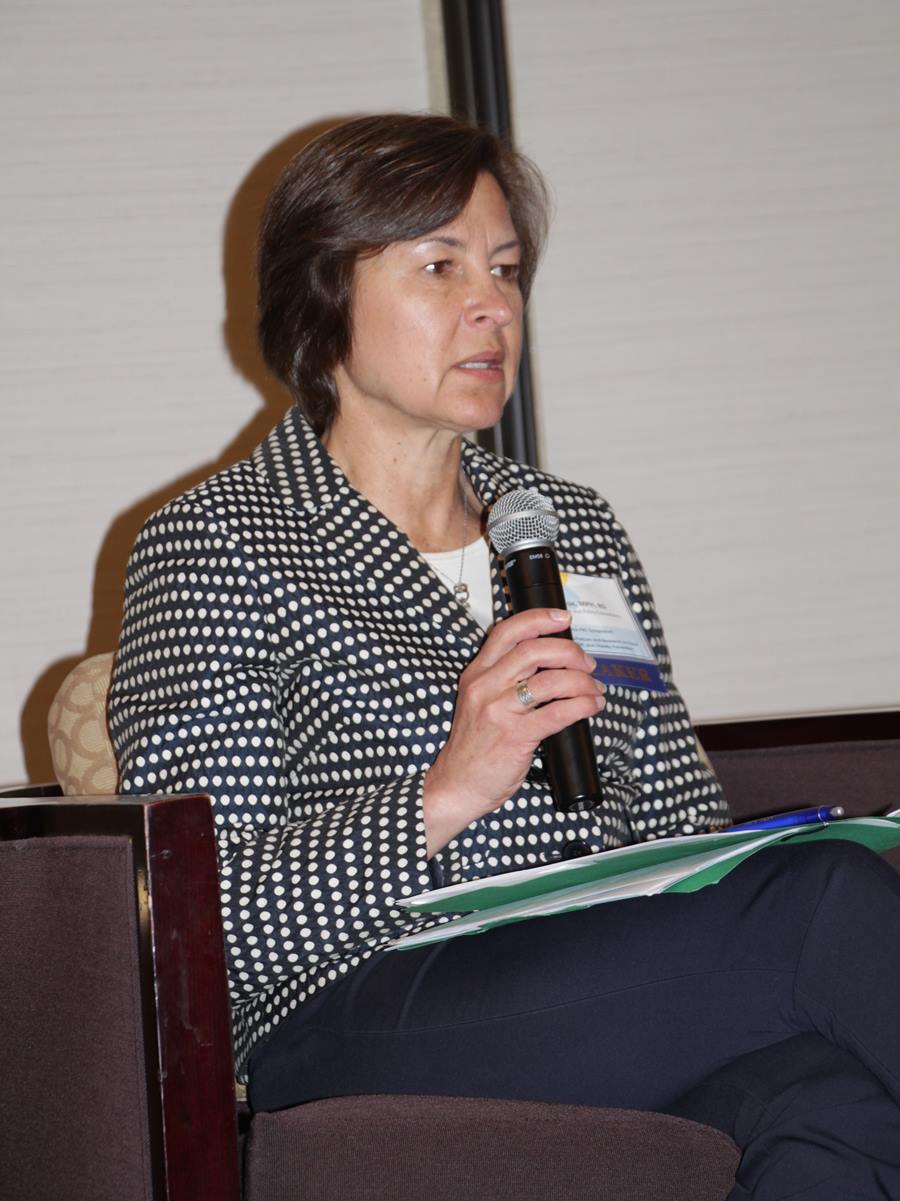
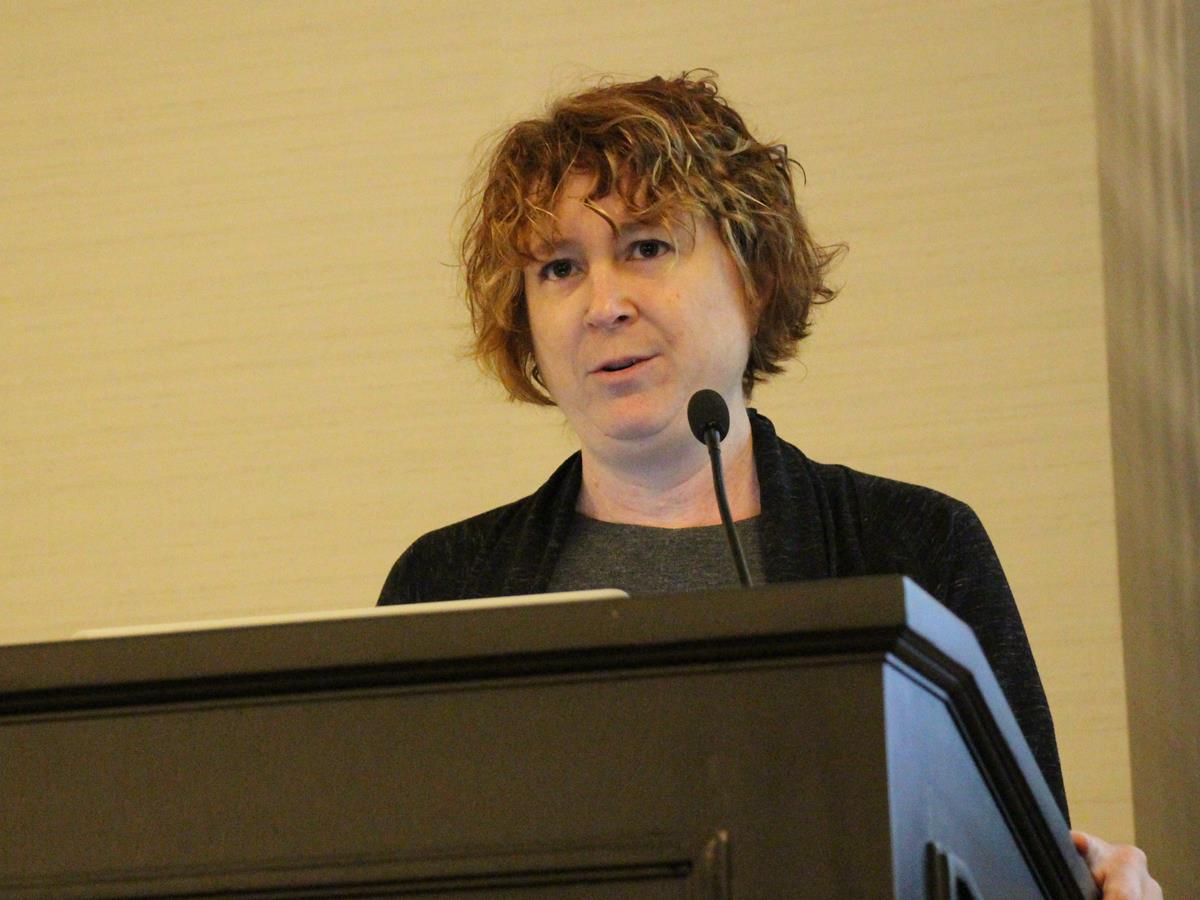
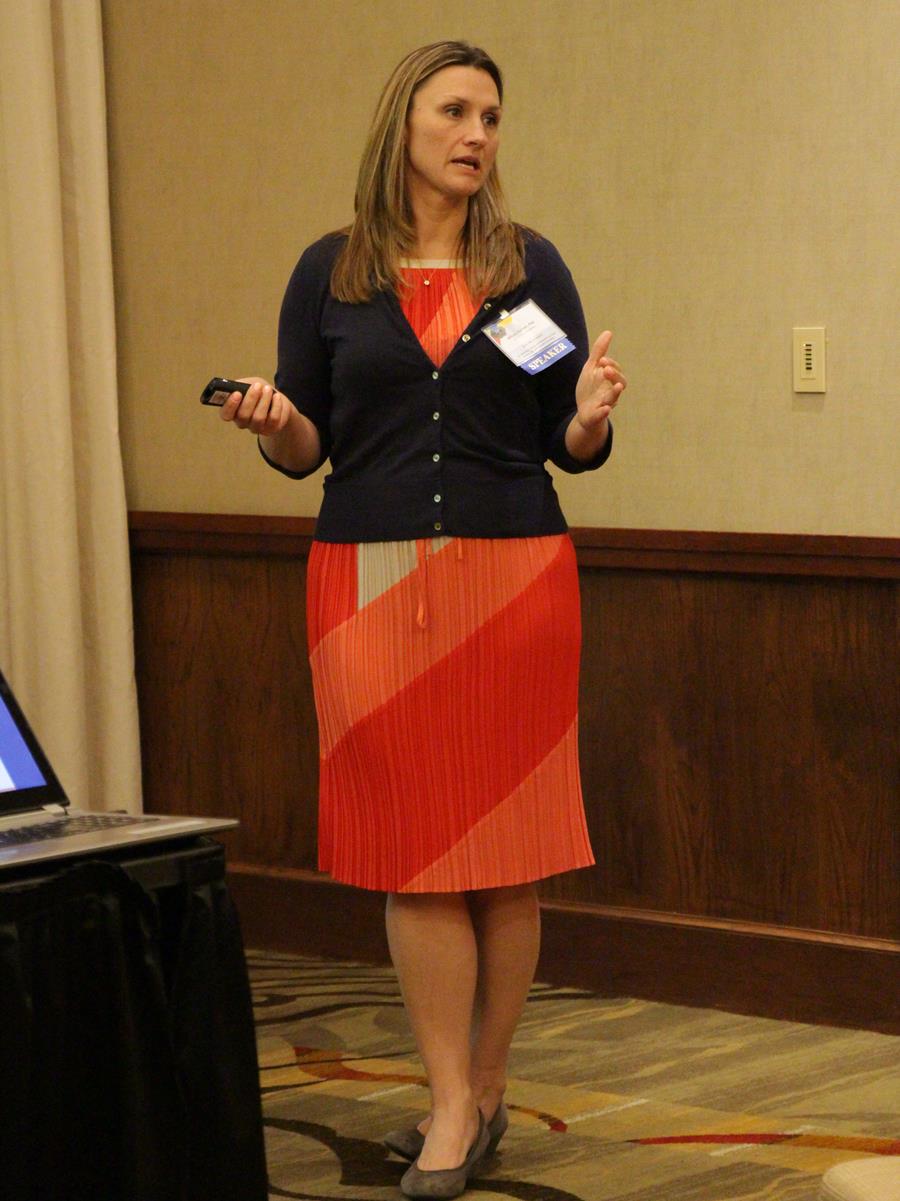
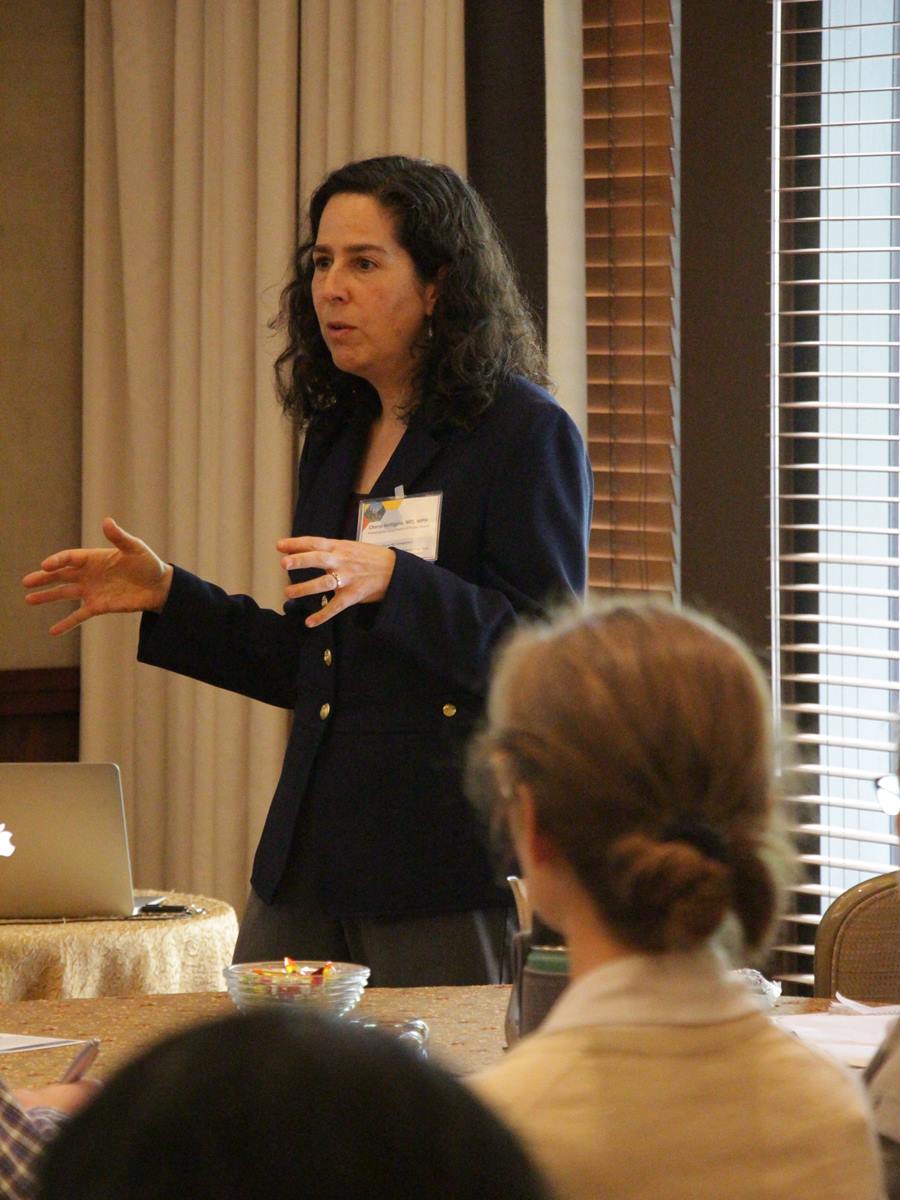
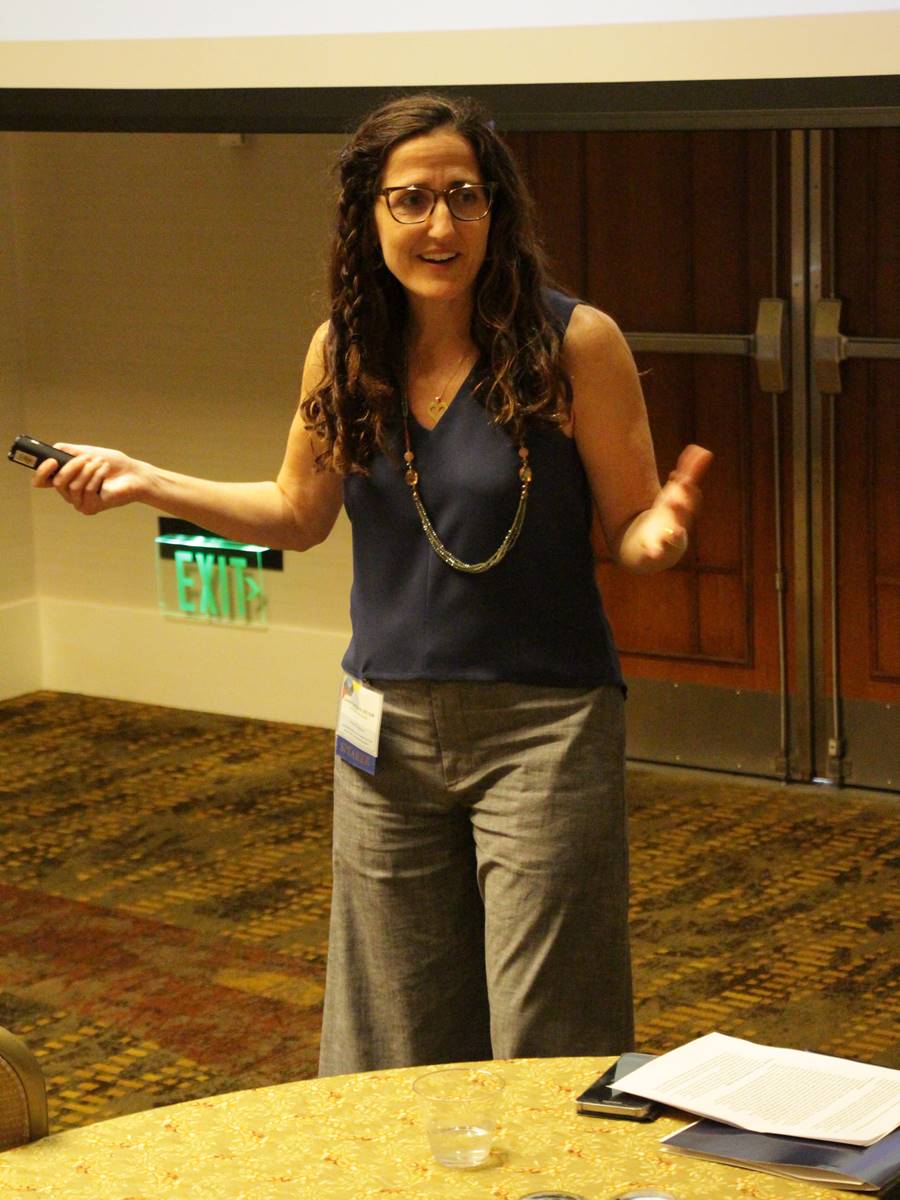



 UPenn PRC Director
UPenn PRC Director 
